The contractor confirmed it will complete current housing schemes, including multi-family flats and single-family homes, but will take on no new projects.
United Living said the decision followed a strategic review by the US private capital owners, which bought the group in 2023, to focus on stronger growth opportunities in utilities infrastructure and social housing maintenance.
Despite the decision to wind down new build housing, turnover still jumped 17% to hit a record £718m, according to results for the holding group to the end of March 2025.
This fast growth was powered by utility and social infrastructure divisions and contractor acquisitions, including AFECO, Pilon, GTEC, Jones Lighting and Andawes.
Ongoing operations, excluding New Homes, delivered a 23% rise in revenue to £582m, with adjusted EBITDA climbing 33% to £68.5m.
But £33.5m of exceptional costs, led by New Homes losses alongside M&A and restructuring charges, pushed United Living to a £43m pre-tax loss.
Despite the bottom line hit, United Living ended the year with year-end cash rising by over a third to £70m, but carries a heavy debt load following the Apollo buyout.
The group has since expanded its term loan by a £110m to £308m and its acquisition facility from £100m to £150m, helping to fund continued buy-and-build growth.
Headcount jumped by a fifth to 1,677 staff, underlining expansion across gas, water, power and housing maintenance.
After the year-end, the group secured a place on Eni’s Liverpool Bay CCS project and bought Peter Duffy and Glenelly Infrastructure Solutions, further strengthening its utility infrastructure arm.
The board also paid out an £88m dividend in June 2025, which will be accounted for in next year’s results.











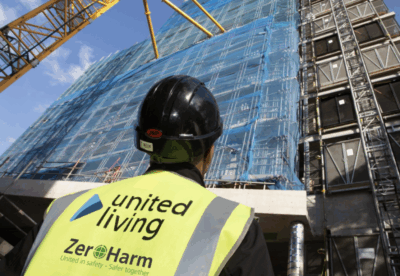




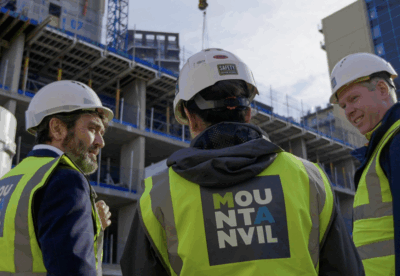


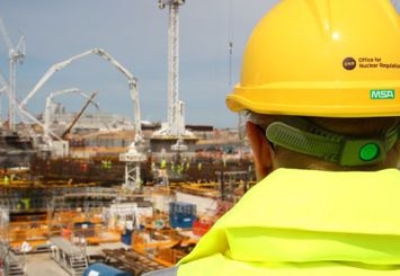
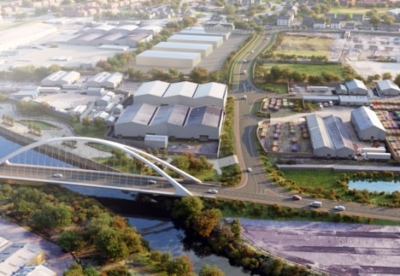
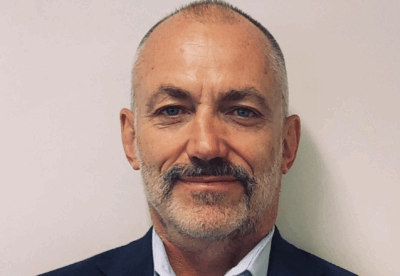

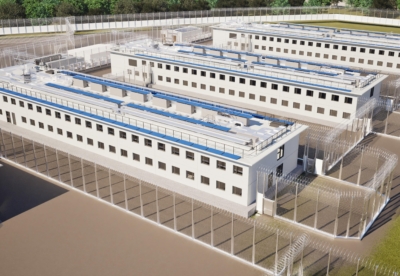
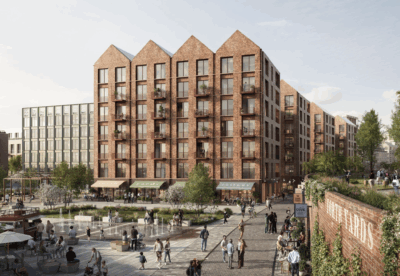

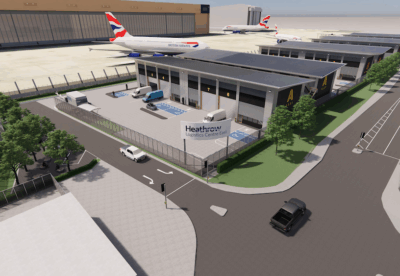
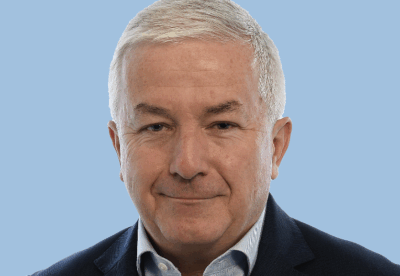

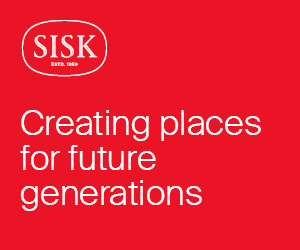

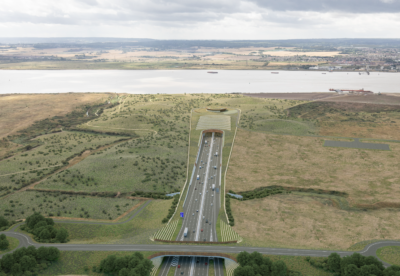

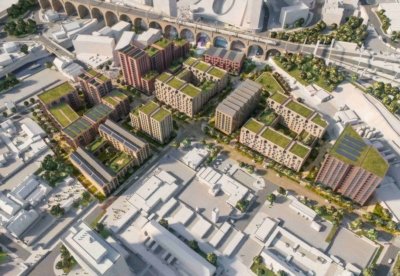



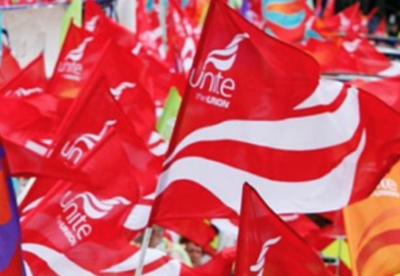
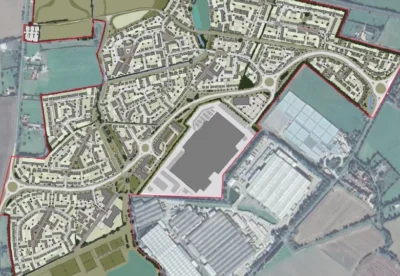
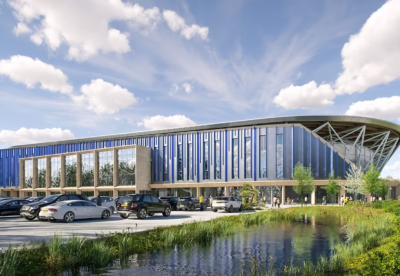





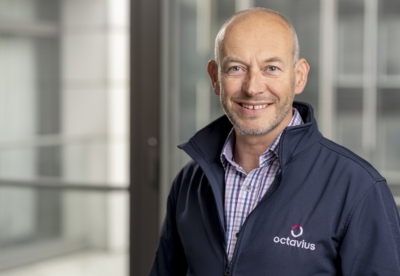



 (300 x 250 px) (2).png)



.gif)
